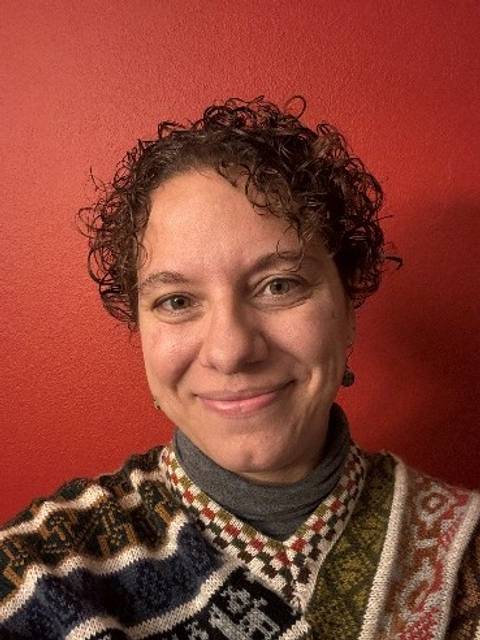Learn to navigate the complexities of self-disclosure. This course explores boundaries and decision-making to help professionals share personal experiences while preserving client trust and the therapeutic relationship.
| Series | Ethics and Boundaries |
|---|---|
| Related Program |
Ethical Self-Disclosure: Boundaries, Benefits, and Best Practices
Self-disclosure is a dynamic and evolving topic in the field of social work. Often viewed as a potential ethical risk that practitioners might sidestep, self-disclosure can serve as an impactful tool for fostering connection and facilitating recovery in therapeutic relationships.
This training aims to create a safe and supportive space for participants to discuss self-disclosure. Attendees will discuss when self-disclosure can be helpful, including how it can build rapport, show vulnerability, and encourage trust in the client-practitioner relationship. The training will also cover situations where self-disclosure might be harmful, such as when it could violate boundaries or distract from the client's needs.
By the end of the training, attendees will be equipped with a deeper understanding of self-disclosure and its careful application in their work.
Learning Objectives:
- Review boundary concepts and terminology
- Examine ethical considerations with examples
- Discuss a decision-making process
- Adopt personal and professional self-disclosure decision-making techniques
- Review the dynamics of dual relationships and the ethical implications
- Tips for ethical decision-making and boundary setting, including risk tolerance, cultural humility, and some decision-making models

Who should attend
Human service professionals such as social workers, professional counselors, and therapists.
Instructors
-

Jessica O’Neel comes with 20+ years of direct practice, program development, system level leadership and instructional experience within the field of social work. She has worked within the nonprofit sector, county government and taught within multiple UW Social Work Programs throughout the state of Wisconsin. Jessica has a master’s degree in social work with a focus on mental health from the University of Wisconsin Madison.
Using both her professional and lived experience she has a strong passion for personal, professional and system continual growth. As a person in addiction recovery and a trauma survivor her goal is to share light, hope and inspiration with the intent to grow individual and community resilience and empowerment, and improve the social welfare system.